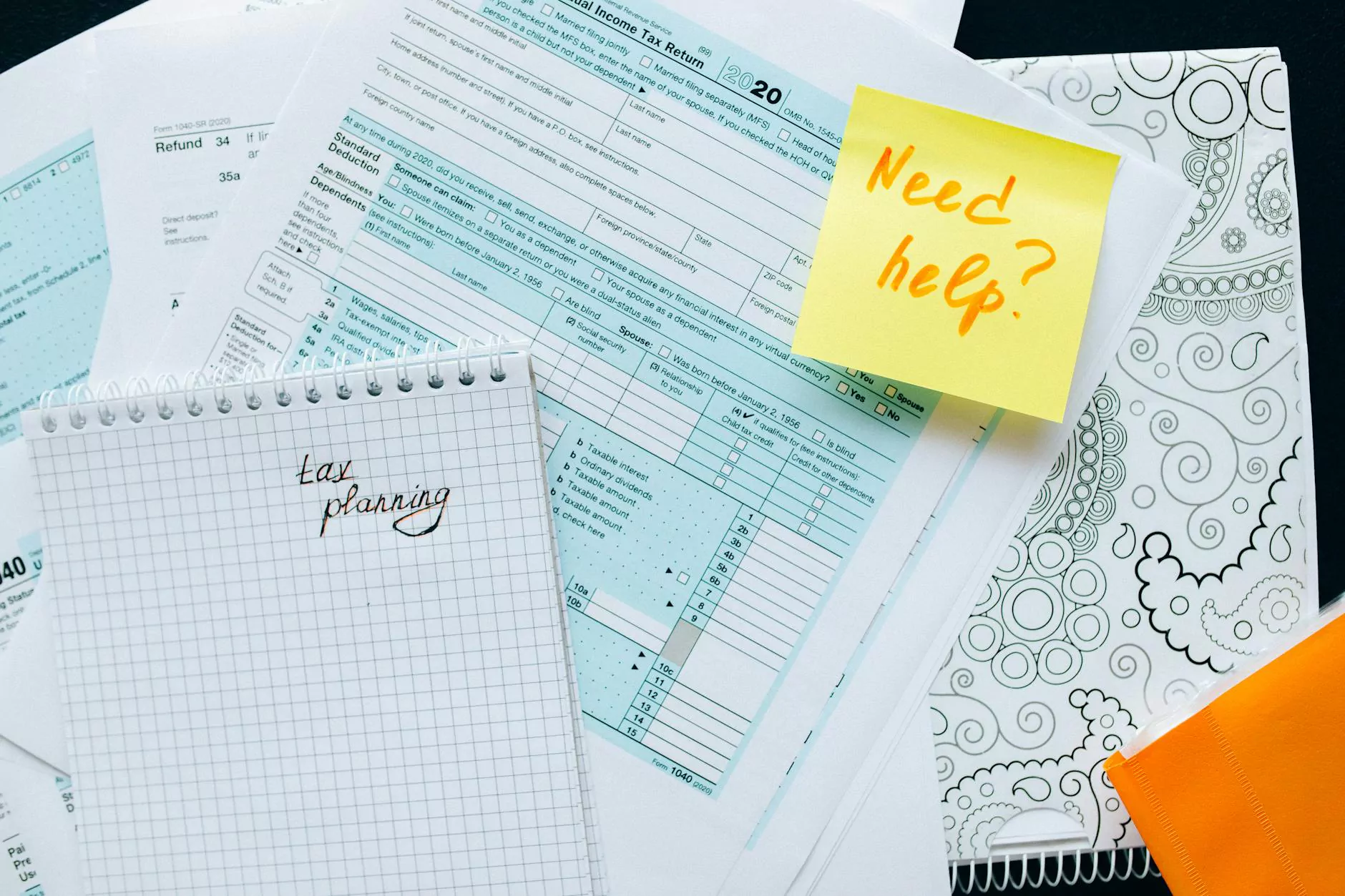Understanding Your Credit Report

Introduction
Welcome to the comprehensive guide to understanding your credit report, brought to you by I Am Future Proof - a leading authority in Finance - Insurance. In this article, Melissa Cox, a certified financial planner (CFP), will walk you through the intricacies of credit reporting, equipping you with the knowledge to make informed decisions regarding your financial well-being.
What is a Credit Report?
A credit report is a detailed record of an individual's financial history, including credit accounts, payment history, and other relevant information. It is used by lenders, creditors, and financial institutions to assess an individual's creditworthiness when considering granting credit or loans. Understanding the information contained in your credit report is crucial, as it plays a significant role in determining your access to financial opportunities and the terms you are offered.
Key Components of a Credit Report
A credit report typically consists of several key components:
1. Personal Information
Your credit report starts with personal information such as your full name, current and previous addresses, social security number, and date of birth. It is essential to ensure this information is accurate, as any discrepancies may impact your credit applications negatively.
2. Credit Accounts
This section provides a detailed list of your credit accounts, including credit cards, loans, mortgages, and lines of credit. It includes information about the account balances, credit limits, payment history, and any delinquencies or defaults. Monitoring this information regularly is essential to identify errors or potential fraudulent activities.
3. Payment History
Your payment history accounts for a significant portion of your credit report. It reflects your past record of making payments on time, any late or missed payments, and accounts that have been sent to collections or charged-off. Maintaining a positive payment history is crucial for maintaining a healthy credit profile.
4. Public Records
This section includes any public records associated with your financial history, such as bankruptcies, tax liens, or judgments. Negative items in this section can have a long-lasting impact on your creditworthiness and should be resolved or managed appropriately.
5. Credit Inquiries
Credit inquiries occur when potential lenders or creditors request access to your credit report. Too many inquiries within a short period can negatively impact your credit score. It is essential to understand the different types of inquiries and their potential effects.
Why Understanding Your Credit Report Matters
Having a clear understanding of your credit report is crucial for several reasons:
1. Access to Credit and Loans
Your credit report directly influences your ability to access credit and loans. Lenders and creditors use the information in your credit report to assess the risk of extending credit to you. A positive credit report can open doors to favorable terms, while a negative report can limit your options or result in higher interest rates.
2. Financial Opportunities
Understanding your credit report allows you to take advantage of various financial opportunities. With a solid credit history, you may qualify for low-interest rate loans, credit cards with rewards or cash-back programs, and favorable housing or rental agreements.
3. Building and Maintaining Credit
Your credit report plays a significant role in building and maintaining a strong credit score. By understanding how factors such as payment history, credit utilization, and credit mix affect your creditworthiness, you can make informed decisions and take the necessary steps to improve your credit.
4. Detecting Errors and Identity Theft
Regularly reviewing your credit report can help you detect errors or signs of identity theft. Inaccurate information or accounts you are not familiar with may indicate fraudulent activity. By identifying and addressing these issues promptly, you can protect your financial well-being and minimize potential damages.
Tips for Managing Your Credit Report
To effectively manage your credit report, consider the following tips:
1. Regularly Review Your Credit Report
Check your credit report at least once a year or before applying for significant credit or loans. You can obtain a free credit report from each of the three major credit bureaus annually. Review the information carefully, ensuring its accuracy.
2. Dispute Errors Promptly
If you identify any errors or discrepancies in your credit report, file a dispute with the respective credit bureau immediately. Promptly resolving any inaccuracies can prevent potential negative impacts on your creditworthiness.
3. Make Payments on Time
Consistently making payments on time is one of the most influential factors in maintaining a positive credit history. Set up reminders or automatic payments to ensure you never miss a payment.
4. Keep Credit Utilization Low
Keep your credit utilization ratio – the amount of credit you use compared to your total available credit – relatively low. A high utilization ratio can negatively impact your credit score.
5. Avoid Excessive Credit Applications
Avoid applying for multiple credit accounts within a short period, as it can raise concerns among potential lenders. Each credit application triggers a hard inquiry, which may temporarily impact your credit score.
Conclusion
Understanding your credit report is an essential step in managing your financial well-being. By familiarizing yourself with its components and adopting healthy credit habits, you can establish a strong credit history and increase your chances of accessing favorable financial opportunities. Remember to regularly review your credit report, dispute any inaccuracies promptly, and make responsible financial decisions. Stay future-proof by leveraging the power of knowledge and taking control of your credit report.










